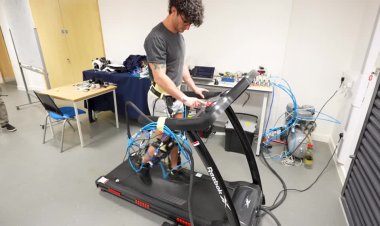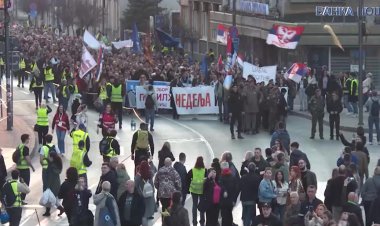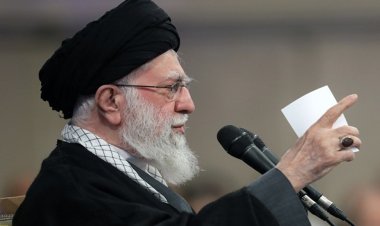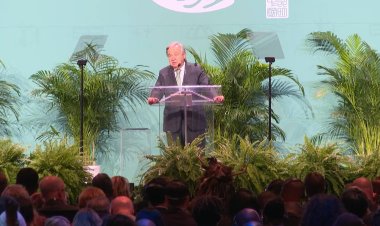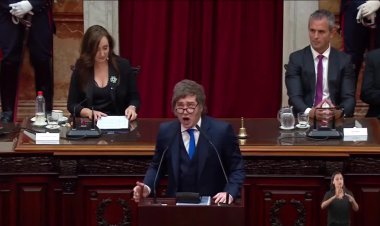Ecuador Votes on Crime Crackdown
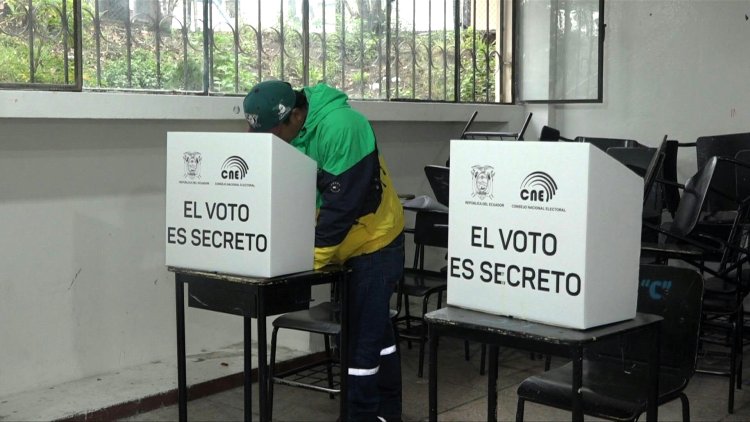
Ecuadorans were voting in a referendum on proposed tougher measures to fight a surge in gang-related crime.
The once-peaceful South American country has been grappling with a shocking rise in violence that has seen two mayors killed this week.
The terrorizing streak has been blamed on gangs with links to transnational cartels using Ecuador's ports to ship drugs to the United States and Europe.
The results of the referendum "will define the course and the state policy that we will take in order to face the challenge" of organized crime, said President Daniel Noboa as voting began in Quito.
Nearly 13.6 million of the country's 17.7 million inhabitants are eligible to cast a "Yes" or "No" ballot over 10 hours of voting. The Electoral Council said turnout stood at around eight percent by mid-morning.
Noboa declared in January a state of "internal armed conflict" with about 20 criminal groups blamed for a spasm of violence sparked by the jailbreak of a major drug lord, still on the run.
Gangsters kidnapped dozens of people, including police and prison guards, opened fire in a TV studio during a live broadcast, and threatened random executions in the days-long outburst that caused about 20 deaths.
Noboa imposed a state of emergency and deployed soldiers to retake control of the country's prisons, which had become the nerve center for gang operations and a bloody battleground that has claimed the lives of more than 460 inmates in three years -- many beheaded or burned alive.
Despite these efforts, the violence has persisted. Two mayors have been killed in the past week, making it five in a year and three in less than a month.
Since January last year, at least a dozen politicians have been killed in Ecuador, including presidential candidate Fernando Villavicencio, who was gunned down last August after a campaign event.





